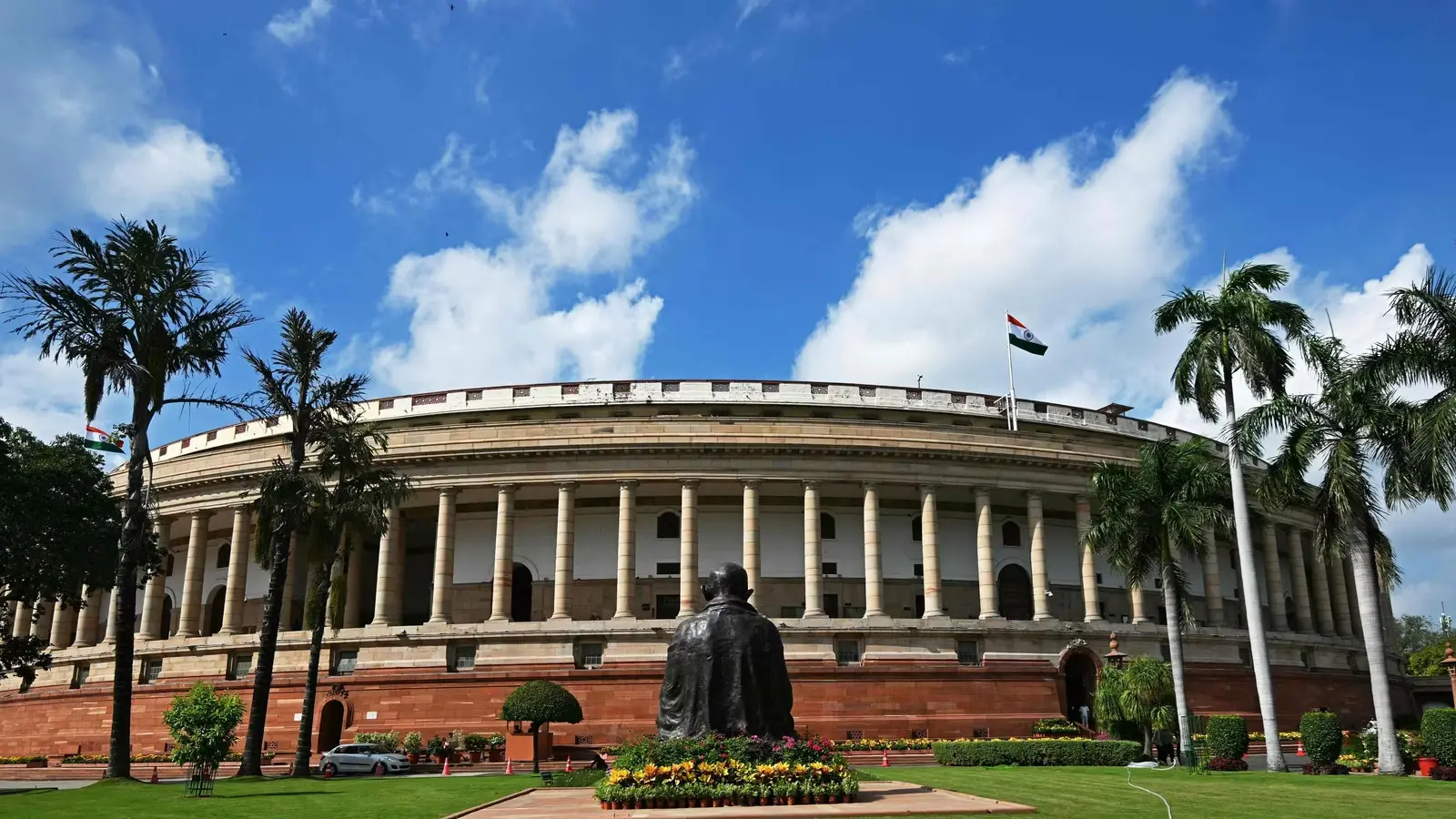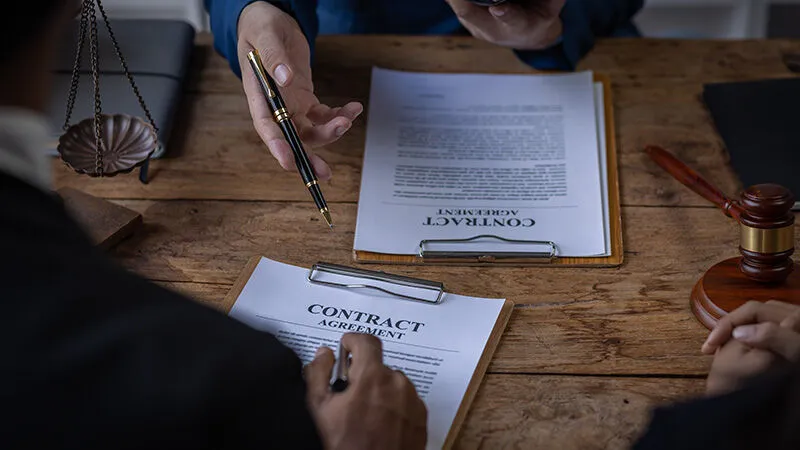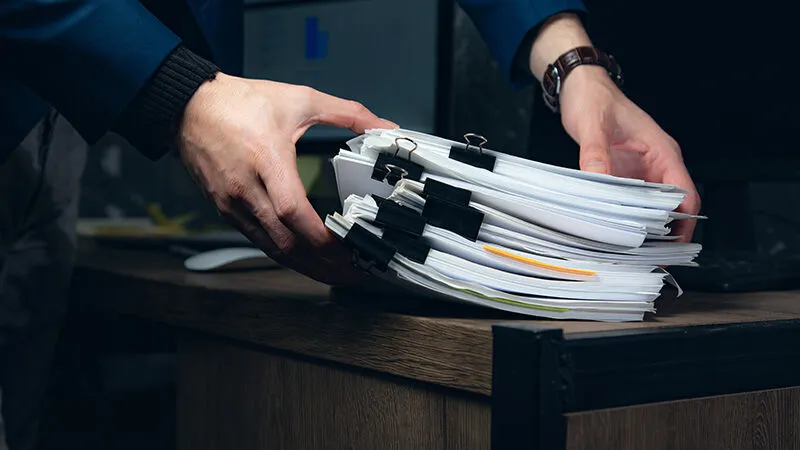Order for Maintenance of Wives, Children and Parents.
-Section 125 of the Code of Criminal Procedure, 1973 (CrPC) provides that any person who has sufficient means to maintain himself cannot deny to maintain his wife, children and parents if they are not able to maintain themselves. The provisions of maintenance of the Criminal Procedure Code,1973 are applicable to persons belonging to all religions and have no relationship with the personal laws of the parties.
Who Can Claim Maintenance Under Section 125?
- Wife who is unable to maintain herself.
- Legitimate or illegitimate minor child or who mas attained majority but is unable to maintain itself due to reason of physical or mental abnormalities.
- Parents – mother and father.
125 (3) if any person so ordered fails without sufficient cause to comply with the order the magistrate may order a warrant for every breach of the order.
Maintenance to Wife: –
- Section 125 (1) (a) of Criminal Procedure Code, 1973 provides that: – If any person having sufficient means neglects or refuses to maintain his wife, who is unable to maintain herself, then in such a case a magistrate of the first class may upon proof of such neglect or refusal, order such person to pay a monthly allowance at such monthly rate which the magistrate thinks fit.
- “Wife” here includes a woman who has been divorced by or has obtained divorce from her husband and has not remarried.
- The ‘wife’ under Section 125 (1) (a) means a legally married wife and can be of any age, minor or major.
- The wife is not allowed to receive an allowance from her husband in three cases: – if she is living in adultery, if she refuses to live with her husband and without any sufficient cause, if they are living separately by mutual consent.
Maintenance to child: –
- Section 125(1)(b) provides for maintenance to a child unable to maintain itself. The child here can be legitimate or illegitimate, whether married or not or who has attained majority but due to physical or mental abnormality or injury is unable maintain itself.
- The magistrate, on proof of neglect or refusal to maintain the child, passes an order to pay monthly allowance at such fixed rate as it deems fit to be paid from time to time and to such person as the magistrate directs or however, till this child attains the age of majority.
- “Minor” means a person who, under the provisions of the Indian Majority Act, 1875 is deemed not to have attained his majority.
Maintenance to Parents: –
- Section 125(1) (d) provides for maintenance to father and mother who is unable to maintain himself or herself.
- A magistrate on proof that there has been refusal or neglect on the part of such person who has sufficient means may order to pay monthly allowance at such fixed rate as it thinks fit which would be paid from time to time to such person as the magistrate.
- The daughter whether married or unmarried would also be liable to maintain the parents as the Indian society casts a duty on the children to maintain the parents and this social obligation equally applies to a daughter.
Essential Conditions for Maintenance and Conclusion.
- Sufficient means to maintain: The person from whom maintenance is claimed should have sufficient means to maintain the person or persons claiming maintenance. The word ‘sufficient means’ should not be confined to the actual monetary resources but should have reference to the earning capacity.
- Neglect or refusal to maintain: It has to be proved that the person from whom maintenance is claimed has neglected or refused to maintain the person claiming maintenance.
- A person claiming maintenance must be unable to maintain themself: The requirement to pay maintenance should be only in respect of persons who are unable to maintain themselves.
- The provision has been formulated with the intention of achieving a social aim and for the welfare of the vulnerable class.
By: Natasha Rama Rocha, BBA. LLB., Intern at AH Legal Co., Student of ISBR Law College Bengaluru, KSLU.













